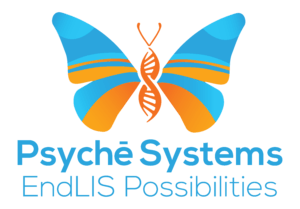By the end of 2019 and the beginning of 2020, KSL Diagnostics was turning a profit. They were doing more cancer testing than ever. And then the COVID-19 pandemic hit, and suddenly cancer testing came to a crashing halt.
After speaking with a close friend of his who recommended that they start testing for COVID-19, Mr. Bianchi pitched the plans to upper management. By May of 2020, they decided to move forward and obtained the reagents and testing instruments they needed to get started. According to Bianchi, “It was an eye-opening experience.”
At the time, only the Erie County Department of Health was doing COVID-19 testing in Western New York. However, they were only processing between 40-50 samples per day. “When you think about the numbers and the mandates that came down with the nursing homes and people at the hospitals, and people just needing to get tested, the area had no other option,” says Bianchi, referring to the growing demand for available testing facilities.
Once KSL Diagnostics announced their testing availability, they acquired every nursing home in the area, including surrounding counties such as Niagara and Wyoming counties, that didn’t have any resources to test. Early on, the lab was processing upward of 300 samples a day. However, after including nursing home staff that required testing twice a week, they quickly found themselves processing around 2,000 COVID-19 samples per day. With a small team, they looked toward automating their process to help keep up with the demand. Bianchi recalled, “We could run the thousands of samples a day, but how do we result these out? Not just the process of how to do we accept the specimens, get them into the system, run the tests – we still have to result them out and get them to the client – so there were multiple aspects here that we didn’t have answers for…. Which is where the Psychē Systems really came in.”
What KSL really needed was a way for all aspects of their testing process to work together, to reduce not only time and manpower, but also to remove the possibility of human error from occurring. By working closely with the Psychē team, KSL was “…able to kind of integrate these different pieces – it took a few weeks to a month – to be able to integrate the instruments, take the data out of the system, generate our lists, get those lists into the instrument so we knew which sample was in which well, and then be able to integrate the system to take that data and push it back to the LIMS system, result that out, and generate our reports easily.” To help automate their client reports, and make things easier on themselves and their clients, KSL turned back to Psychē for more help: “Another piece of software we added from Psychē, which is called Outreach, where we were able to set up all of these clients with their own access – so they could access their employee testing data in real time. As soon as a test was done and signed out, it was automatically uploaded to Outreach and the client would be notified about the results that they could go in and view.”
